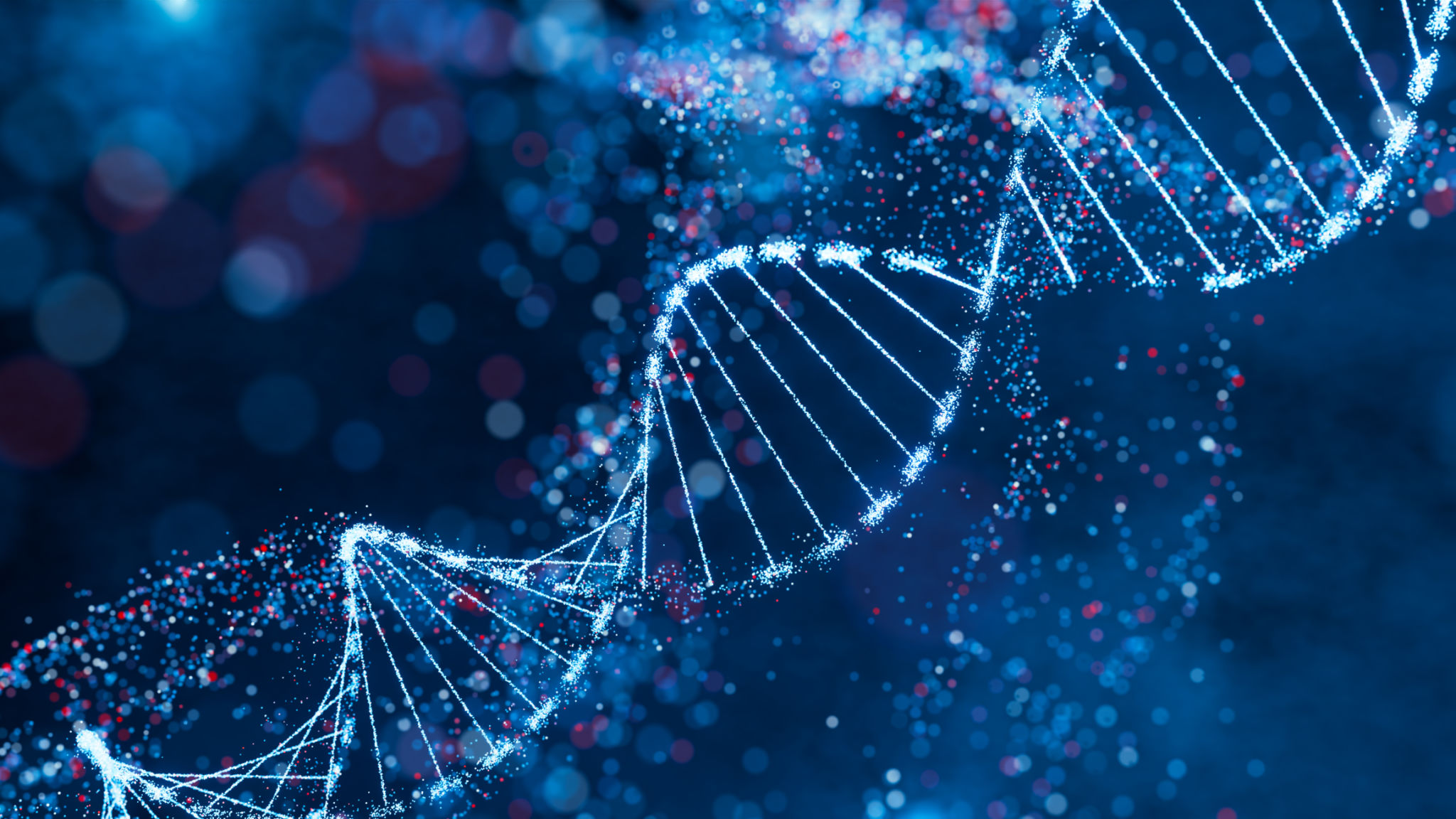The Latest Trends in Autism Spectrum Disorder Assessments: Innovations and Insights
Understanding Autism Spectrum Disorder (ASD)
Autism Spectrum Disorder (ASD) is a complex developmental condition that affects communication, behavior, and social interaction. With its diverse range of symptoms, assessing ASD can be challenging. However, recent advancements in assessment techniques are providing new insights and tools for professionals in the field. These innovations are crucial for accurate diagnosis and effective intervention strategies.
As awareness of ASD grows, so does the need for more refined assessment methods. Understanding these trends can help in identifying ASD earlier and tailoring interventions to individual needs. Let's explore some of the latest trends in ASD assessments.

Technological Innovations in ASD Assessments
Technology is playing a pivotal role in transforming how ASD is assessed. One of the most significant advancements is the use of digital tools and apps that help in diagnosing ASD with greater precision. These tools often use AI and machine learning to analyze patterns in behavior and communication, offering a more objective assessment than traditional methods.
Virtual reality (VR) is another exciting development. VR environments can simulate real-world social scenarios, allowing clinicians to observe how individuals with ASD respond to various stimuli. This immersive approach provides deeper insights into social skills and potential areas for intervention.

The Role of Genetics and Biomarkers
In recent years, there has been a growing interest in the role of genetics and biomarkers in ASD assessments. Researchers are exploring how genetic data can be used to identify specific subtypes of ASD, leading to more personalized treatment plans. The identification of biomarkers in blood or saliva samples also holds promise for earlier and more accurate diagnosis.
These biological markers can provide a non-invasive way to support clinical assessments, offering an additional layer of information that can guide intervention strategies. This approach emphasizes the move towards personalized medicine in the field of autism.

Emphasizing Early Detection
Early detection of ASD is crucial for improving outcomes, as it allows for timely intervention during critical developmental periods. New screening tools are being developed to identify signs of ASD in infants and toddlers, which is a significant shift from traditional methods that often focus on older children.
These tools include parent questionnaires and observational checklists that are designed to detect early behavioral signs of ASD. By focusing on early detection, healthcare providers can implement strategies that support a child's development from a young age, making a substantial difference in their long-term progress.

Collaborative Approaches in Assessment
Another trend in ASD assessments is the emphasis on collaborative approaches. Multidisciplinary teams comprising psychologists, speech therapists, occupational therapists, and educators are working together to provide comprehensive assessments. This holistic approach ensures that all aspects of a child's development are considered.
This collaboration also extends to families, who play a crucial role in the assessment process. Involving parents and caregivers provides valuable insights into the child's behavior across different settings, contributing to a more accurate diagnosis.
The Future of ASD Assessments
The future of ASD assessments looks promising as research continues to uncover new insights and technologies. The integration of digital tools, genetic research, and collaborative efforts are setting the stage for more accurate and effective assessments.
As these innovations continue to evolve, they offer hope for individuals with ASD and their families by providing pathways to better understanding and support. With ongoing advancements, the landscape of ASD assessments is poised for significant transformation, leading to improved outcomes for those affected by autism.